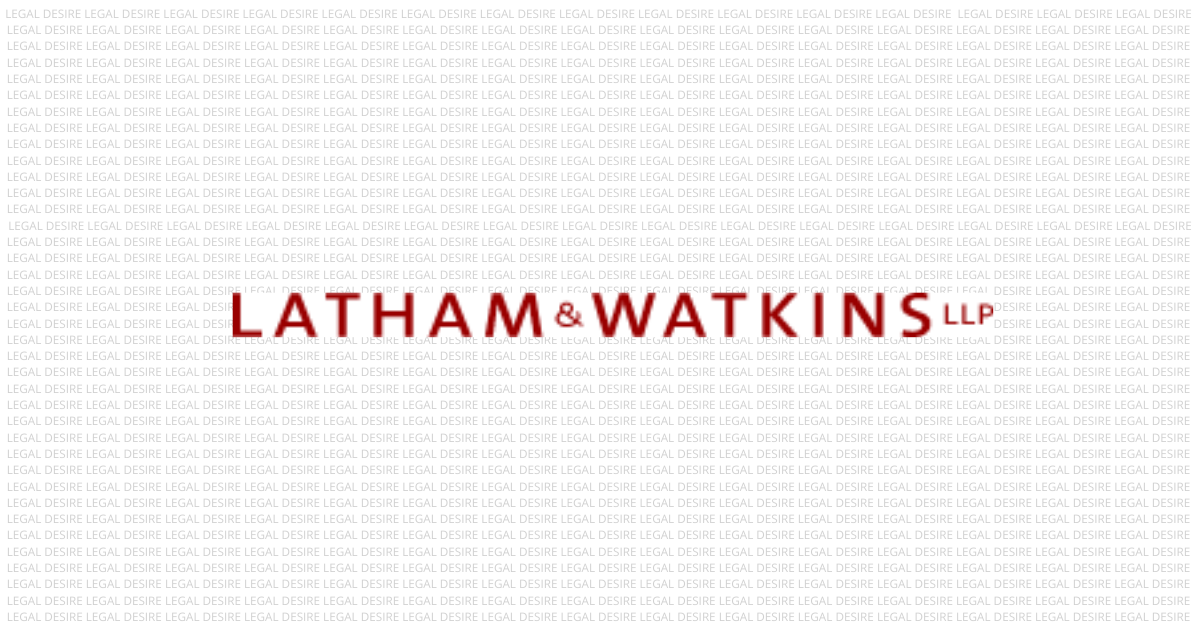Now Reading: Product Liability For Business Owners: A Short Guide
-
01
Product Liability For Business Owners: A Short Guide

Product Liability For Business Owners: A Short Guide
When it comes to the perils of business, you want to be as prepared and aware as possible. For instance, there may be instances when you launch a defective product to the market, which leads to complications. If your product injures a consumer or affects their health in the long term, you may be held liable for damages. This can affect your company’s reputation, and you’ll also have to pay legal fees.
With this in mind, entrepreneurs like you need to be aware of product liability. It refers to the obligation of a manufacturer or seller of goods to ensure that their products are safe for use by consumers.
However, if a consumer ever sues you for a product defect claim, you should also know your right as a business owner. A product liability lawyer from Gibson and Hill or a similar legal firm will be able to help you with your case by ensuring that all evidence is properly collected and presented to the court.
To give you a good start, here’s a quick guide to what you must know as an entrepreneur regarding product liability.
Types Of Product Liability Claims
Product liability claims come from the theory that defective products can cause harm to consumers. If an effect causes damage, it could be considered flawed and subject to liability. Here are the most common types of them:
- Marketing or promotional defects: These occur if the company fails to warn consumers about the potential risks of the goods. For instance, if they sell cigarettes, the clients must know the health effects of consuming the product. Some include lung cancer, respiratory symptoms, or coronary heart disease. The liability arises if the marketing team isn’t transparent with the warnings about the potential risks or dangers associated with the product.
- Design defects: These types of defects exist before the assembly or manufacturing of the products. Such issues can be costly because if the organization fails to identify the flaws before mass production, it must recover all items sold. For example, if they produce vehicles, they may have to recall all automobiles manufactured before those with design defects.
- Manufacturing Defects: These occur when there are inefficiencies in the production items. For instance, if the organization still uses the manual creation of products, the output will not be accurate. Only a few items are affected, which can be less costly than design defects.
If you can identify the defects’ source, you can file them against the manufacturer or distributor. However, the victims can only hold the company liable if they can prove negligence and the product has flaws resulting in harm or damage.
Product Defect: The Responsible Parties
After knowing the types of product defects, knowing who’s liable for it is the next step. This is essential as it can help you determine who to contact for a claim. The following is a list of the responsible parties who could be held liable for the defect:
- The product manufacturer: The party responsible for creating or designing a product. This includes its design, testing, and quality control. If the product contains a defect, it may be considered defective in design.
- The wholesaler: This person is liable for providing the manufacturer with the raw materials required to create the product. They are also accountable for ensuring these materials are used according to their specifications and instructions. The wholesaler may also be held liable if they have sold products misused or tampered with.
- The Retailer: This party is responsible for selling products to end consumers and taking care of them until they are delivered. The consumer can hold the retailer liable if they have sold or given away defective products, even knowing their defects.
By knowing your and other parties’ role in manufacturing and selling the product, you can figure out who’s responsible for the issue, making them accountable while protecting your business from a costly lawsuit.
How To Prevent Product Defects And Liability
You have to take preventive measures to avoid getting involved in this type of situation. As a good start, inspect machinery or raw materials before starting with mass production. You may also outsource third-party testers who can check for defects or problems with your products before shipping them to customers.
Aside from that, look at your marketing materials to ensure they’re credible and transparent. You can add a warning about item misuse in the packaging or write instructions in the product description. This way, consumers understand what they’re buying and how to use it correctly.
Final Words
Ultimately, a product defect could result in a liability on your company’s end. This means you may have to pay for damages caused by the defect and compensate the injured party. And as someone who’s starting a new business, this could be financially devastating.
By understanding how product liability works, you can be in a better position to avoid it. But, should your company face a potential lawsuit due to faulty products and goods, working with a legal professional to help you with your case and defend your company against claims would be best.










